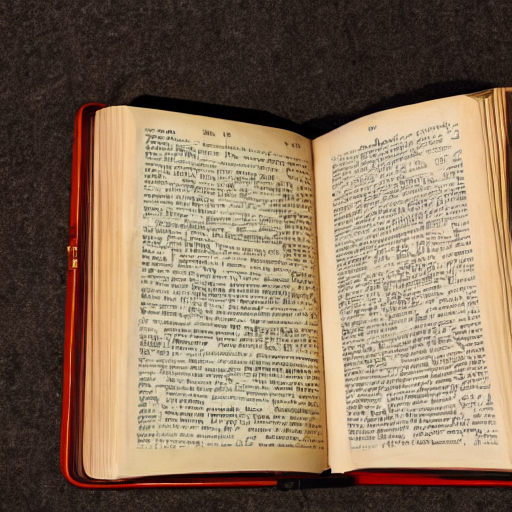Don’t have a book? See my recommendations!
This post is dedicated to people who want to learn a pure math textbook very well. If you want to make trade-offs in favor of speed over understanding, this is the wrong post for you.
Update (2022-04-08): I stand by my advice, however trade-offs are unavoidable, don’t feel bad if you choose to learn something shallowly. You can always deepen it later
Below are my recommendations, ordered from most important to least important.
Read slowly
Read the theorem statement, glance at how long the proof is to get an idea for the difficulty then close the book and to prove it yourself (see here). This has several benefits
- It’s warm up for the exercises, and after you’re done you can look at the book proof to learn another way of doing it
- You’ll remember much better, wrestling with the definitions builds your knowledge graph and helps you turn a list of theorems into high quality interlinked knowledge
Be rigorous
Reread your proofs and imagine being a dumb robot (or human) trying to follow it, if there’s any doubt in your mind that they could follow it, you need to be more explicit.
When I was studying Abbott’s understanding analysis (the first pure math textbook I’ve read) I was not rigorous enough in my solutions. Most of them are right, but missing steps, etc.
Learning proofs helps increase your mathematical maturity, which should be your primary goal since math below your maturity level is easy. Increasing your mathematical maturity is the most important way you improve at math.
Publish solutions
This has several benefits
- It holds you to a higher standard of rigor when solving exercises, you don’t want to be wrong on the internet do you?
- It’s helpful to people who can’t solve an exercise (most pure math books don’t include solutions) or want to compare solutions
- It forces you to do the easy exercises (see Don’t skip “easy” exercises”)
- It builds your CV, If you’re self studying it’s a nice way to show what you’ve done
- It teaches you to write mathematically
I’m using oth and obsidian for my solutions to linear algebra done right, for abbott I’m using a more standard latex to pdf approach.
I like the webpage approach because
- It’s a lot easier to go from markdown -> pdf then latex -> website.
- It’s easier for search engines to index, and you have more control over SEO
Another bit of advice: Host the solutions on your own domain to benefit search engine ranking. I have mine at /axler and /abbott/.
Don’t skip “easy” exercises
If the exercise is actually easy, the cost to doing it will be a rounding error. If it isn’t easy, you’ll get valuable information on what things are easy vs which things are hard.
Before I wasn’t publishing my solutions to linear algebra done right I skipped some exercises that looked trivial, later when I was writing up solutions an exercise that looked trivial took me an hour!
